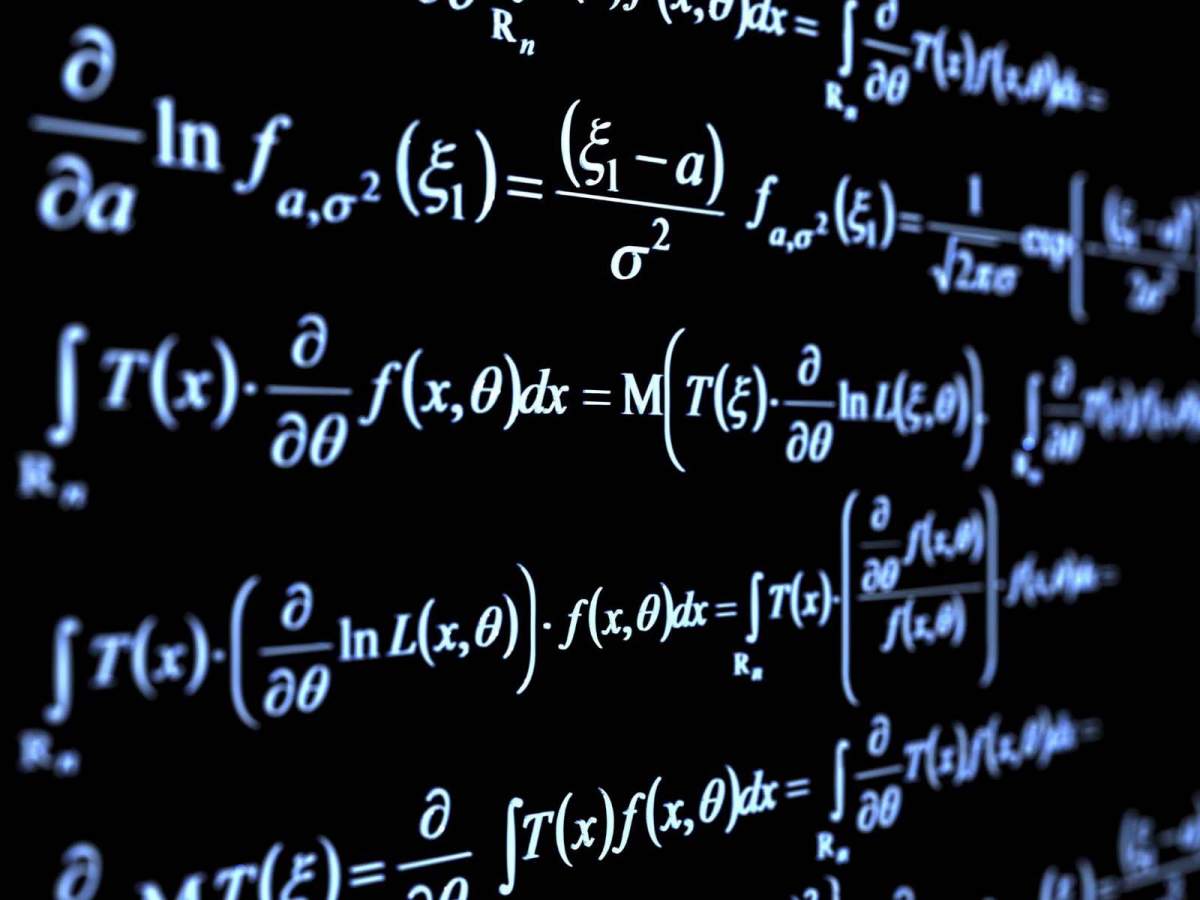
Math is often described as a language. Researchers who study the brain, however, disagree.
On the surface, there are plenty of reasons that math might seem like a language, or at least similar to one. For example, both math and language involve abstract thinking, and both of them can run the gamut from simple expressions to very complex, high-level reasoning.
Locating Math in the Brain
As recently as the past century, philosophers have speculated that our faculty for mathematics may have grown out of our faculty for language, going from one means of abstraction to another.
Recent studies of the brain, however, indicate that mathematics and language each runs completely different routes in the brains of mathematicians. More importantly, there appears to be almost no overlap.
Researchers at the University of Paris did MRI scans of professional mathematicians' brains and compared the areas that were activated while listening to various statements: some mathematical and some linguistic.
Separating Math From Language
For the math statements, participants were asked to reflect on higher mathematics, such as algebra, analysis, topology, and geometry--all of which activated a network of brain areas separate from those associated with linguistic reflection.
This was true no matter what kind of mathematical statements were used. Algebra, for example, was no closer to linguistics than geometry. Every type of mathematical reasoning used in the experiment activated different regions of the brain than the ones activated by verbal semantics and language processing.
These findings cast serious doubt on the  common refrain that math is a language.
Sources and Further Reading
- Amalric, M., & Dehaene, S. (2016). Origins of the brain networks for advanced mathematics in expert mathematicians. PNASÂ 113 (18), 4909-4917.Â
- Spelke, E. S., & Tsivkin, S. (2001). Language and number: a bilingual training study. Cognition 78, 45-88.
- Musso, M. et al. (2003). Broca's area and the language instinct. Nature 6:7, 774-781.









